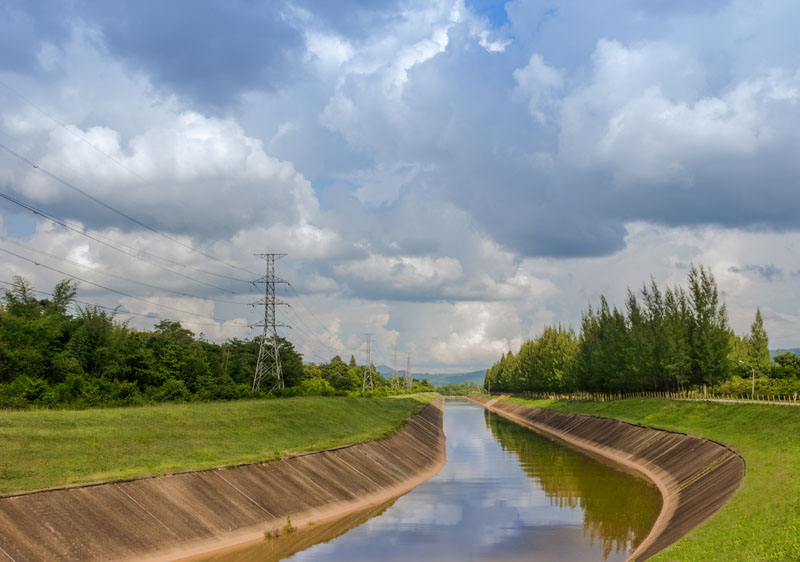
Polls show that people consider drinking water the most important public health and environmental issue, but environmental policies don’t always reflect this.
Most water pollution is caused by human activities. Growing food, producing energy for electricity and transportation, making products and building communities — all are activities that impact water.
You might think that these and other activities would be planned and manage to limit their risks to water. But that is not often the case. Instead, contamination and destruction of water resources are allowed to happen. Communities are left to deal with the consequences. That means polluted water and water treatment plants to reduce some of the pollution’s environmental and health impacts.
“Act like drinking water matters.” This approach has always been at the core of Clean Water Action’s programs.
Putting drinking water first means using laws and regulations to prevent as much water impact as possible. This is the efficient and cost-effective approach. Consumers, taxpayers and water systems all save money.
The Clean Water Act, the Safe Drinking Water Act and other landmark laws passed in the 1970’s with Clean Water Action’s help all have the potential to put drinking water first. Unfortunately, not all activities which threaten drinking water are covered by these laws. Since 2005, when the oil and gas industry persuaded Congress to vote yet again in its favor, hydraulic fracturing (fracking) has been exempt from the Safe Drinking Water Act. That exemption means drillers don’t need permits under the Act’s Underground Injection Control Program (UIC). Those permits are supposed to help protect underground drinking water sources.
But fracking, which involves injecting large volumes of water mixed with sand and/or other chemicals at high pressure into underground rock formations, is not subject to UIC requirements. Nevertheless, this technology, along with drilling tools that allow horizontal (not just vertical) well-drilling, has driven the recent boom in natural gas production.
The oil and gas industry also enjoys an impressive number of other exemptions from federal environmental laws. For example, the industry’s activities are exempt from several parts of the Clean Water Act. Many of those exemptions were granted long before hydraulic fracturing technology was widespread.
The water pollution risks from gas and oil development are not significantly different from risks posed by other activities which do not enjoy such exemptions. It’s just that the industry has been remarkably successful at getting special treatment under the law.
Oil and gas companies are not the only powerful players who get to play by different rules. Agriculture is exempt from large parts of the Clean Water Act. Because of those exemptions, industrial agriculture’s nitrogen and phosphorous pollution is among the biggest obstacles to fishable, swimmable, drinkable water.
Energy production and agriculture are important, but federal clean water laws and other environmental protections exist for a reason. Most people would agree that nothing is more important than our drinking water. Activities that threaten drinking water should be subject to those water and health protection laws. It’s time to end the exemptions and special treatment. That’s what it means to act like drinking water matters.